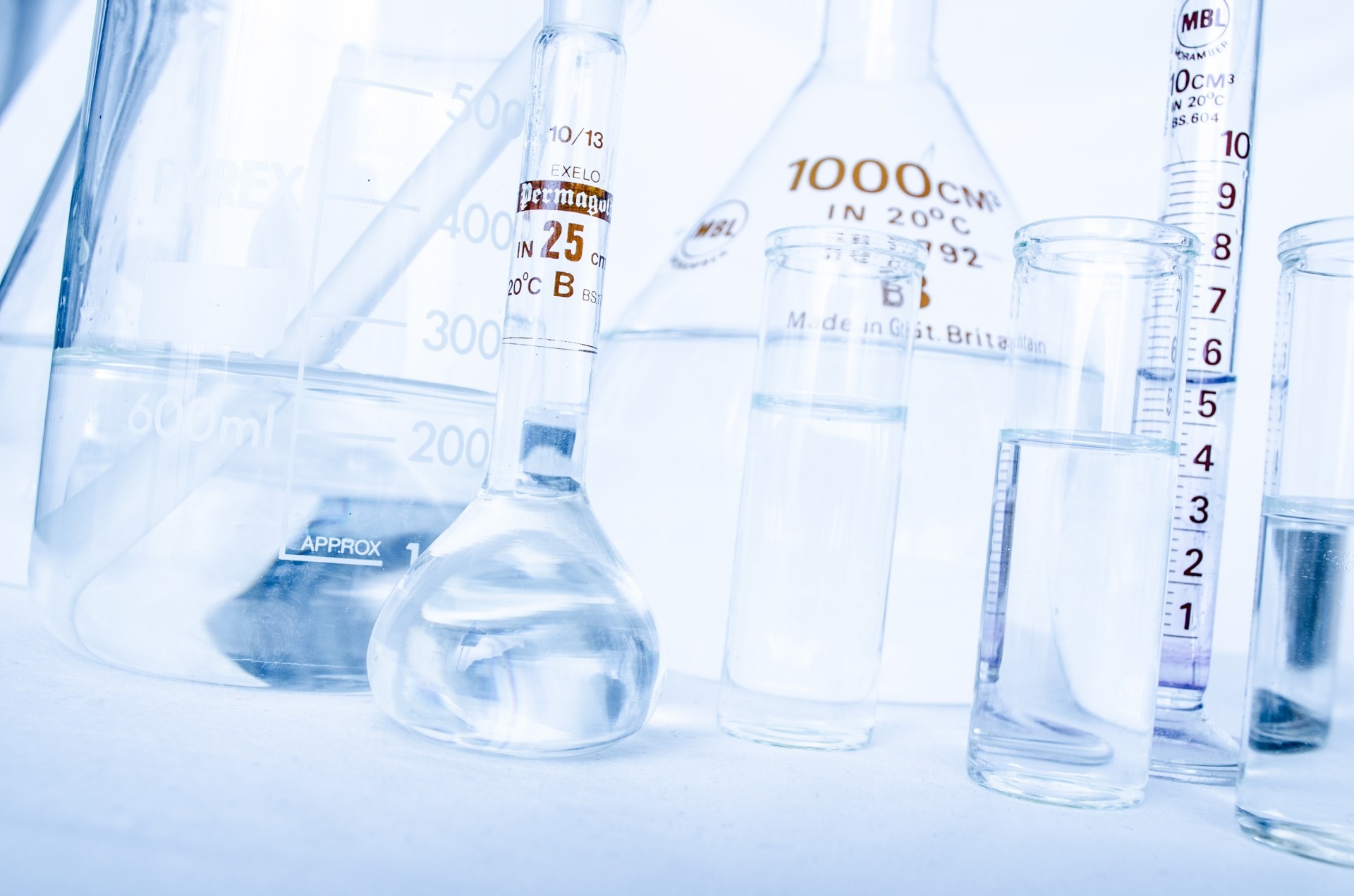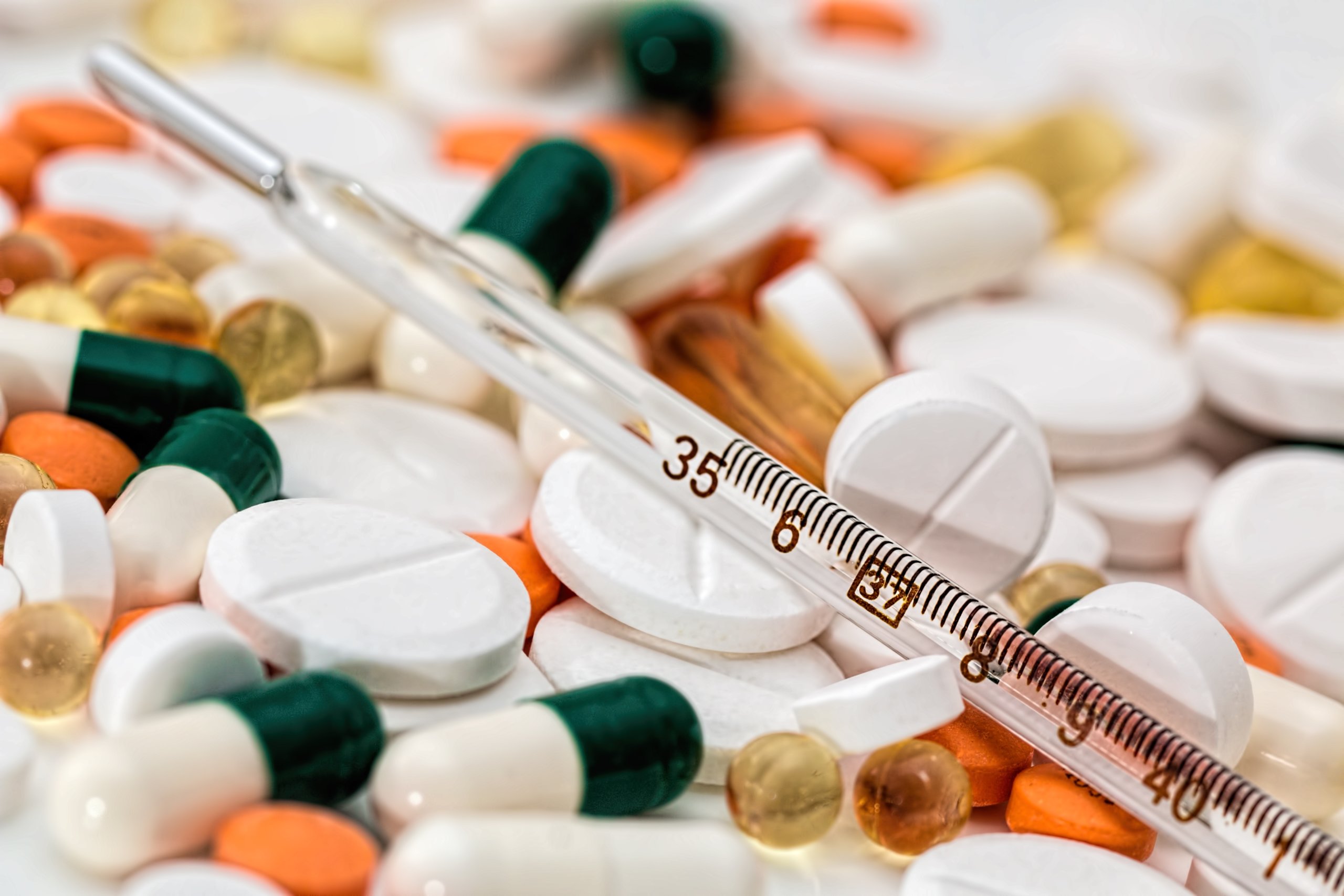AI May Change How Medicine Is Made
October 16, 2019 - 7 minutes read
DeepMind and other artificial intelligence (AI) developers are proving that AI has immense potential to improve the drug discovery process. With this technology in tow, medical researchers and innovators could hone in on life-saving miracle molecules in a fraction of the time usually needed. But what does this mean for Big Pharma?
Accelerating Drug Discovery with AI
Last December, the world’s most renowned biologists gathered in Cancun, Mexico for a friendly competition known as the Critical Assessment of Structure Prediction (CASP). The biennial conference serves as a chance for participants to try to predict the three-dimensional structure of proteins from their amino acid sequence.
Solving this “protein folding problem” would be a monumental event that could unlock unprecedented opportunities to make new medicines and treatments. Understanding how proteins form into their three-dimensional shapes is crucial to drug discovery. Often, drugs fight diseases by latching onto certain proteins and altering their function in the human body.
But the winner of CASP13 wasn’t a team of biologists or medical developers neck-deep in research for countless decades; it was DeepMind, Alphabet’s AI lab. And the competition wasn’t even close — DeepMind’s prediction accuracy was nearly double what the contest holders were expecting to see from winners.
“It dawned on me that this is a field that people have been working in for decades… The fact that a new group could come in and do so well, so quickly—I felt bad because it demonstrated the structural inefficiency of academia,” explains Mohammed AlQuraishi, a biological researcher from Harvard who participated in CASP13.

DeepMind’s landslide victory has caused many industry insiders to wonder if we’re witnessing the end of an era of dominance for major pharmaceutical companies. But while DeepMind is undoubtedly an AI powerhouse, it’s far from the only organization these businesses have to worry about. Numerous new companies are racing to change the drug discovery game. And with AI as their main tool, they could trim down the process time from years to weeks.
Big Pharma’s Race to Stay Relevant
Of course, Big Pharma is already painfully aware of AI’s inevitable place in the future of drug discovery. Many of today’s drug behemoths and venture capitalists had already invested in various drug discovery startups long before DeepMind’s success at CASP13. Per Pitchbook data, companies in this field raised approximately $9.4 billion in funding last year and roughly $4.4 billion already this year.
While plenty of Big Pharma players have also invested in AI labs of their own, many view their external investments as their primary vehicle for keeping pace with drug discovery AI innovation, even if it means they’re currently funding companies that could eventually become their main competitors.

For example, Johnson & Johnson was one of the primary investors in BlackThorn, a San Francisco-based developer of drugs for psychiatric disorders which raised $75 million earlier in 2019. BlackThorn will soon begin Phase II clinical trials on a depressive disorder drug which, if successful, will directly compete with another drug recently launched by Johnson & Johnson.
Other pharmaceutical giants like GlaxoSmithKline, AstraZeneca, and Novartis are all also collaborating with AI upstarts. If any of these startups “strike lightning” with any of their AI innovations, these big companies are already positioned to benefit and possibly even acquire the startup.
It’s a necessary recipe for survival; while the startups may bring cutting-edge technology to the table, it is the money and size of Big Pharma companies that make these gambles possible. While it seems risky, this strategy may be the only way for both parties to beat adversaries like Alphabet’s DeepMind.
AI-Fueled Drug Discovery Is Anyone’s Game
Progress in the drug discovery race can be difficult to gauge. Therefore, it’s no surprise that it’s hard to tell who’s in the lead.
Just this past September, Insilico, a biotech startup focused on longevity, revealed that it had designed a potential new drug in just 21 days with the help of machine learning algorithms. The entire endeavor only cost the company $150,000, a tiny investment compared to the usual expenses associated with drug discovery. So far, the drug shows promise in mice. The company has raised $37 million and plans to run human tests with the aid of a bigger pharmaceutical company.
But many industry players have their doubts about the novelty of Insilico’s work. “The reality is . . . it’s not a leap,” says Recursion CEO Chris Gibson. Recursion is another drug discovery startup and competitor of Insilico. Gibson explains that Insilico’s discovery is indeed worthy of some merit since it yielded a previously unknown molecule, but it only slightly differs from inhibitors that mainstream science was already familiar with. On a similar note, many critics have also expressed their beliefs that researchers probably would have found this molecule in a similar time frame anyways.
Gibson is skeptical about the enveloping role AI is starting to play in drug discovery and mentions that DeepMind’s protein-folding prediction achievement is but one piece of the puzzle. To see true progress in drug discovery, he thinks that scientists will need to work alongside AI, not just depend on it completely. “The real challenge for our industry, for over a decade, is that 90% of the drugs we put in the clinic fail, and that means we’re wrong 9 out of 10 times with a target and a chemical,” he says.
AI has already had a substantial impact on drug discovery. But if it wants to cement itself a place in the future of this field, it must beat this 10% success rate. Whether that will happen remains to be seen.
What do you think of AI’s effect on drug discovery? Would you take medicine concocted by a machine? As always, let us know your thoughts in the comments!









